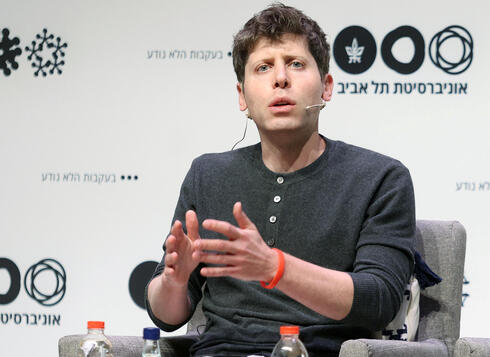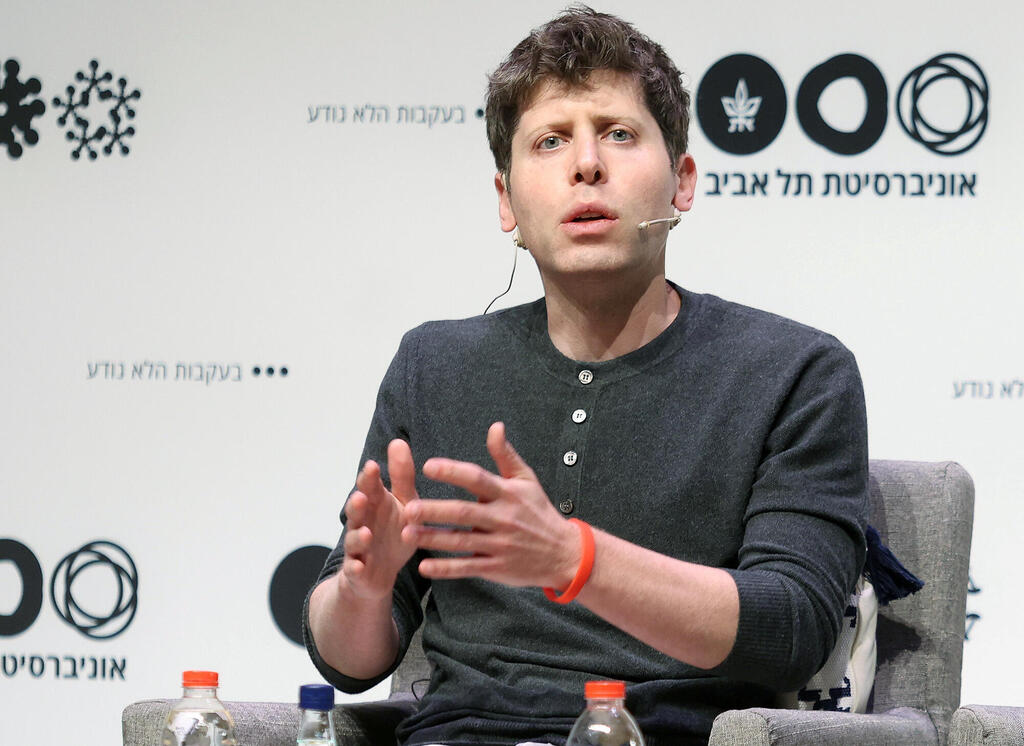
Former OpenAI CEO Sam Altman hired by Microsoft to lead new AI research team
Microsoft CEO Satya Nadella announced that Altman and OpenAI co-founder Greg Brockman will be joining the company and confirmed that ex-Twitch boss Emmett Shear has been named as OpenAI’s new CEO
Microsoft CEO Satya Nadella on Monday said that ousted OpenAI CEO Sam Altman and Greg Brockman will be joining Microsoft to lead a new advanced AI research team.
Nadella also appeared to confirm Emmett Shear's reported appointment as the new OpenAI CEO, saying they are "looking forward to getting to know Emmett Shear and OAI's new leadership team and working with them."
“We remain committed to our partnership with OpenAI and have confidence in our product roadmap, our ability to continue to innovate with everything we announced at Microsoft Ignite, and in continuing to support our customers and partners,” Nadella tweeted. “We look forward to getting to know Emmett Shear and OAI's new leadership team and working with them. And we’re extremely excited to share the news that Sam Altman and Greg Brockman, together with colleagues, will be joining Microsoft to lead a new advanced AI research team. We look forward to moving quickly to provide them with the resources needed for their success.”
A profound ambiguity enveloped the recent dismissal of Altman from his role as the CEO of OpenAI, and the subsequent efforts to reinstate him. The ongoing revelry reveals a complex management and control mechanism within the company, characterized by an innovative yet conflicted corporate structure.
Established in 2015 as a non-profit company, OpenAI aimed to advance artificial intelligence for the benefit of humanity without solely prioritizing financial returns. The unique structure sought to ensure responsible AI development, untethered from short-term profit considerations.
However, facing escalating operating costs, OpenAI underwent a structural transformation in March 2019, creating a subsidiary called OpenAI Global. This "capped-profit” company attracted significant investments, notably a one-billion-dollar infusion from Microsoft, increasing to an additional ten billion dollars in 2023, granting Microsoft a 49% ownership stake. “Capped-profit” in this instance is 100x on what Microsoft put in, so Microsoft, having invested $10 billion, could expect a maximum of $1 trillion in returns.
Under the terms of the investment, Microsoft held minority shares in OpenAI Global, adhering to unconventional conditions. The company operated without a conventional board of directors, instead answering to a non-profit organization. This organization maintained the mission's integrity, unencumbered by profit-driven motives. Microsoft, despite its substantial investment, did not secure a seat on this board, explaining its limited awareness of Altman's abrupt dismissal.
This intricate corporate structure prompted the departure of OpenAI founders Elon Musk and Dario Amodei, who founded competing ventures with non-profit orientations. The divergence stemmed from disagreements regarding OpenAI's shift toward profit-driven strategies and intense competition.
The pivotal moment came during a recent developer conference where Altman presented market-oriented developments, including an AI app store, despite purported warnings to proceed cautiously. Behind the scenes, Altman explored a potential sale of shares at a $90 billion valuation, raising concerns about pace, competition, and accountability.
Altman's swift departure rekindles the underlying conflict: can a for-profit company, under the oversight of a non-profit entity, dismiss its figurehead responsible for significant financial value creation? Investors, including Microsoft, Tiger Global, Sequoia Capital, and Thrive Capital, were reportedly pressuring the board to reinstate Altman, fearing not only declining company value but also the departure of key executives.
While speculations on the exact cause of Altman's dismissal abound, the intricate corporate structure raises questions about transparency and accountability. Altman's assertion that he would seek significant changes in governance if reinstated underscores the need for a reevaluation of OpenAI's complex organizational framework.















